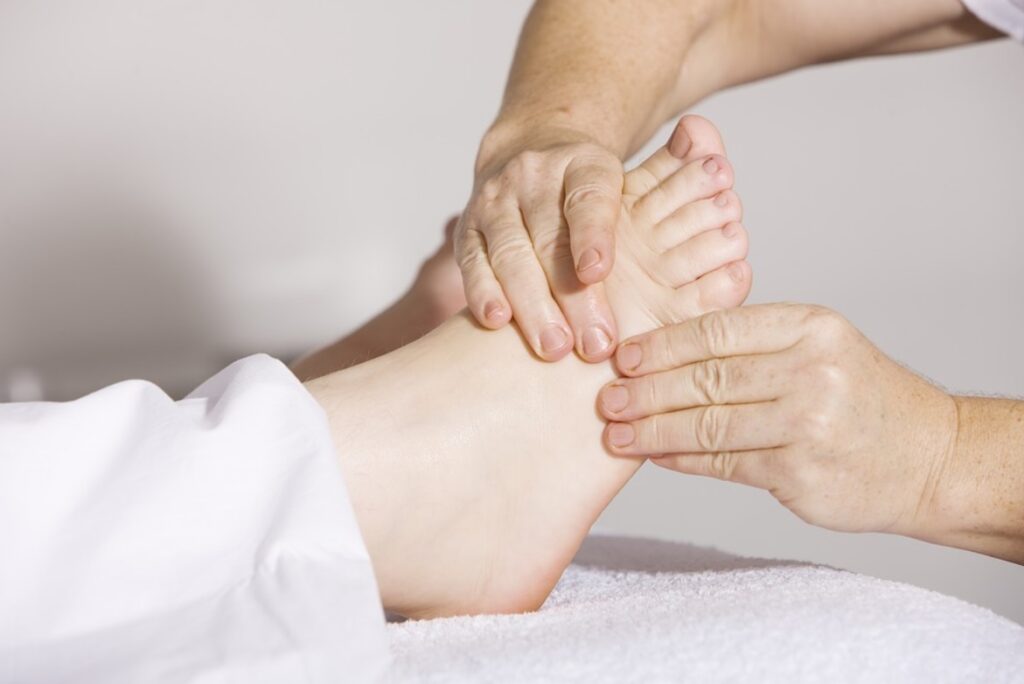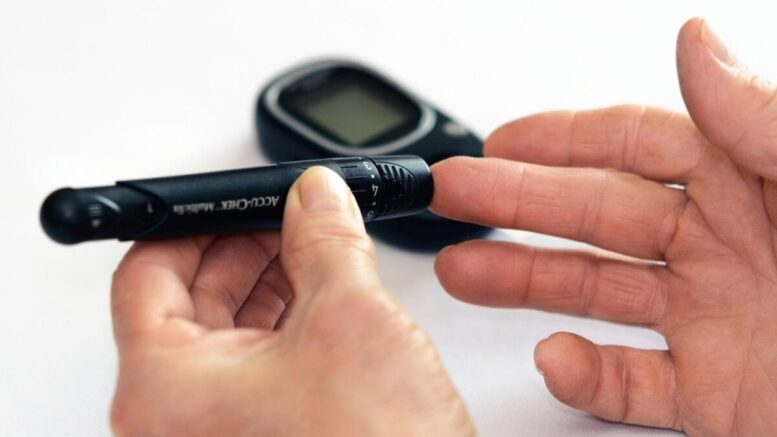No one can achieve a healthy lifestyle with diabetes without certain diabetes supplies and devices. Supplies are available over the counter or online and others may require a prescription.
In this article we will look at common supplies that diabetics should have as part of their arsenal to manage their condition.
Glucometer
A glucometer, or blood glucose meter, is the most important device for diabetes that helps them understand what is going on in their body. Whether you are Type 1 or Type 2, a glucometer lets you know what your blood sugar level is at that time. The frequency of blood sugar readings depends on the recommendation of the doctor.
By knowing exactly if you are high, low, or at a normal range, this portable electronic device can help you determine how you should eat or how much insulin you need. There are also continuous glucose monitors that give more blood sugar readings and alert the diabetic for highs and lows.
Glucometers and the diabetic test strips are available by prescription. Lancets can be purchased over the counter.
Insulin, Syringes, Pens & Pumps
Type 1 diabetics and some Type 2 diabetics require insulin injections because either their body is not producing insulin or enough insulin. Insulin regulates blood sugar levels and is available as an injection in rapid-acting, regular, intermediate-acting, and long-acting.
Insulin is not digestible, so it must be administered via injection. It is stored in a bottle and is extracted with a syringe that comes in different sizes based on dosage needs. Syringe sizes come in 0.3 ml, 0.5 ml and 1 ml. The smaller the syringe, the easier it is to read the dosage amount for accuracy.

For easier measurements, an insulin pen is an option. The pen is either premeasured or uses an insertable cartridge. While you still need to select the right dosage you need, it takes the stress of measuring the insulin and reading small numbers on the syringe out of your hands.
The insulin pump delivers insulin through a catheter. The small doses that it releases replicates the body’s way of using insulin. While it is costly compared to other insulin devices, it can make a difference in diabetes management.
Ketone Test Strips
The doctor will recommend that Type 1 diabetes patients have ketone test strips. These test strips measure the amount of ketones, a chemical made in the liver, in the urine. A build-up of the acidic ketones in the bloodstream is dangerous for diabetes and can lead to a life-threatening complication called diabetic ketoacidosis, or DKA.
Ketone test strips are not required every day like glucose test strips. A doctor would recommend testing for ketones if:
- Your blood sugar is over 250mg/dl for two or more days
- You plan to exercise and your blood sugar is over 250mg/dl
- You have been sick or injured
- You are currently pregnant
Ketone test strips are available over the counter.
Glucose Tablets or Glucagon
In the case of low blood sugar, it is important to be prepared for these situations. A glucose tablet is one way to rapidly raise blood sugar when it gets too low.
Glucose tablets can be purchased over the counter and easy to keep on hand if you are avoiding table sugar, fruit juices, sugar soda, or other quick sugar boosters.
Glucagon is an injection that helps the liver release glucose when the blood sugar in the body gets too low. Glucagon should only be used when:
- Your blood sugar is less than 50mg/dl
- You are disoriented and confused, making it difficult to eat or drink
- You are unconscious
- You are having seizures
Medical Alert Bracelet
For the times that you are in a medical emergency and you cannot speak for yourself, a medical alert bracelet can let first responders individualize your care based on your diabetes. It can warn them if you may be hypoglycemic and require glucagon. It can let them know if you use insulin or have certain allergies.
A medical alert bracelet can list medications, allergies, and emergency contacts. It is one of these diabetic supplies that can help you when you can’t help yourself.
Other Supplies for Diabetics
Some important supplies that diabetics need are not medical, but they do support a healthy lifestyle with diabetes.

Skin Care
Skin conditions are attributed to diabetes, so it is important to stay hydrated and take proper care of cuts and wounds. Lotion and moisturizers keep the skin from drying out as well.
Foot Care
Foot care is another important part of diabetes management. Your feet need to be protected against ulcers and nerve damage, to name a few. Sturdy footwear and moisture-wicking socks will protect your feet.
First Aid
Alcohol wipes, cotton balls, and other basic first aid supplies are needed for diabetics. Using needles for glucose testing and insulin injections mean that the injection site needs to be cleaned first. Keeping your first aid supplies stocked is important to reduce infections.
